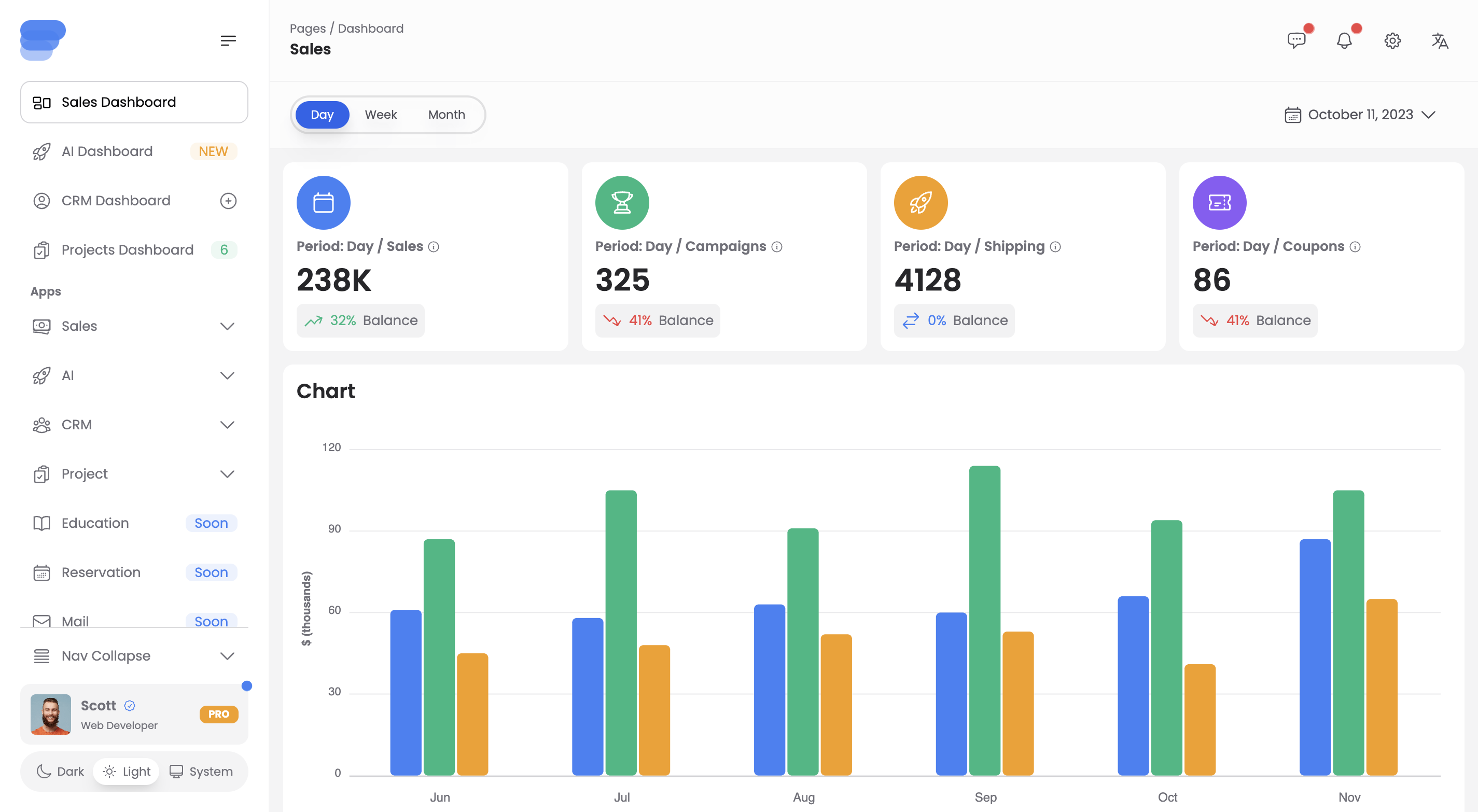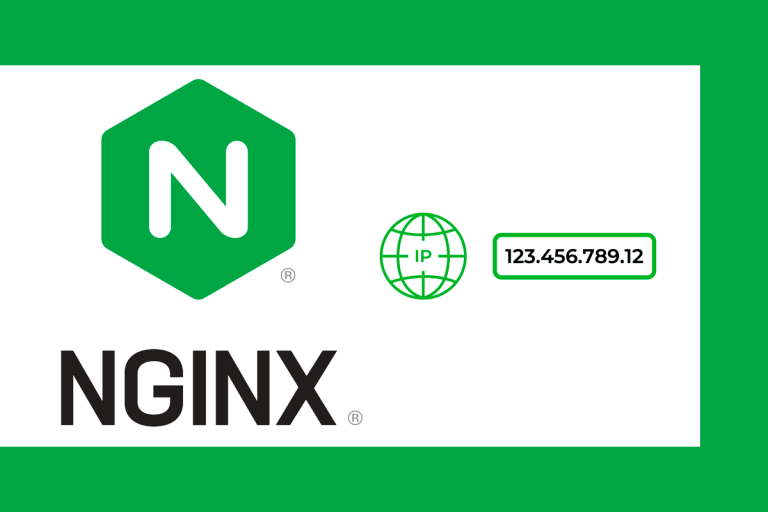In the dynamic landscape of modern business, efficiency and customer relationship management are crucial for success. This is where Customer Relationship Management (CRM) systems come into play. A CRM system is a tool that helps businesses manage, automate, and synchronize every aspect of customer interaction, including marketing, sales, customer service, and more.
Customer Relationship Management (CRM) is a technology for managing all your company’s relationships and interactions with current and prospective customers. The goal is simple: Improve business relationships. A CRM system helps companies stay connected to customers, streamline processes, and improve profitability.
The purpose of a CRM is to manage customer relationships in an organized and efficient manner. It consolidates customer information and documents into a single CRM database so business users can more easily access and manage it. The main functionalities of a CRM system range from sales, marketing, and customer service to digital commerce and customer analytics.
1. Centralized Database Management
One of the key benefits of a CRM system is the centralization of data. It allows organizations to maintain a centralized database of prospect information, accessible across various teams. This not only streamlines information management but also saves significant time otherwise spent sifting through records to find necessary customer information.
2. Enhanced Understanding of Customers
CRM systems provide a comprehensive view of each customer by storing all relevant information in one place. This includes personal details, contact information, social media activities, and more. Having such detailed insights at your fingertips enables personalized communication and better understanding of customer needs, leading to more effective marketing and sales strategies.
3. Improved Communication and Interaction Management
CRMs are instrumental in managing both internal and external communications. They aid in tracking all stages of the buyer’s journey, encompassing every interaction, email, and phone call. This ensures that sales representatives are well-informed and can make timely, appropriate follow-ups, significantly enhancing lead conversion rates.
4. Automation of Routine Tasks
A significant advantage of CRM systems is the automation of data entry and other routine tasks. This automation extends to updating deal stages, aggregating communication logs, and generating reminders for follow-ups. By automating these tasks, CRMs allow teams to focus more on strategic activities rather than administrative work.
5. Effective Data Organization and Customer Segmentation
CRMs empower teams to efficiently organize contact data and segment customers based on various criteria such as location, company size, or purchase history. This segmentation facilitates targeted marketing efforts, enhancing the likelihood of conversions and fostering long-term customer relationships.
6. Enhanced Reporting and Sales Forecasting
CRM tools come equipped with robust reporting features and dashboards that help in organizing data about prospects and deals. They enable sales teams to track performance, set goals, and make informed decisions based on key metrics like monthly recurring revenue and growth trends.
7. Scalability and Team Communication
CRM systems grow with your business, adapting to increased volumes of leads and customer interactions. They also foster effective team communication, ensuring that all members are aligned and can collaborate efficiently on various deals and customer interactions.
8. Increased Customer Retention and GDPR Compliance
Customer retention is more cost-effective than acquiring new customers. CRMs assist in this by helping businesses keep track of customer interactions and ensuring timely follow-ups, thus improving customer loyalty. Additionally, for businesses operating under stringent data protection laws like the EU’s GDPR, CRM systems ensure compliance, reducing legal risks.
9. Streamlining Administrative Tasks
Lastly, CRMs streamline all administrative tasks related to customer relationship management. This includes recording conversations, managing email chains, and updating contact information, thus freeing up more time for the team to focus on strategic customer engagement and lead nurturing activities.
Conclusion
For businesses looking to enhance productivity and build stronger customer relationships, CRM systems offer a multifaceted solution. By providing centralized data management, automating routine tasks, offering insightful customer data, and ensuring compliance and efficient communication, CRMs are indispensable tools in the modern business environment. As Zaltsman Media Agency, we understand the importance of crafting custom CRM solutions tailored to our clients’ unique needs, ensuring they harness the full potential of this powerful technology.




